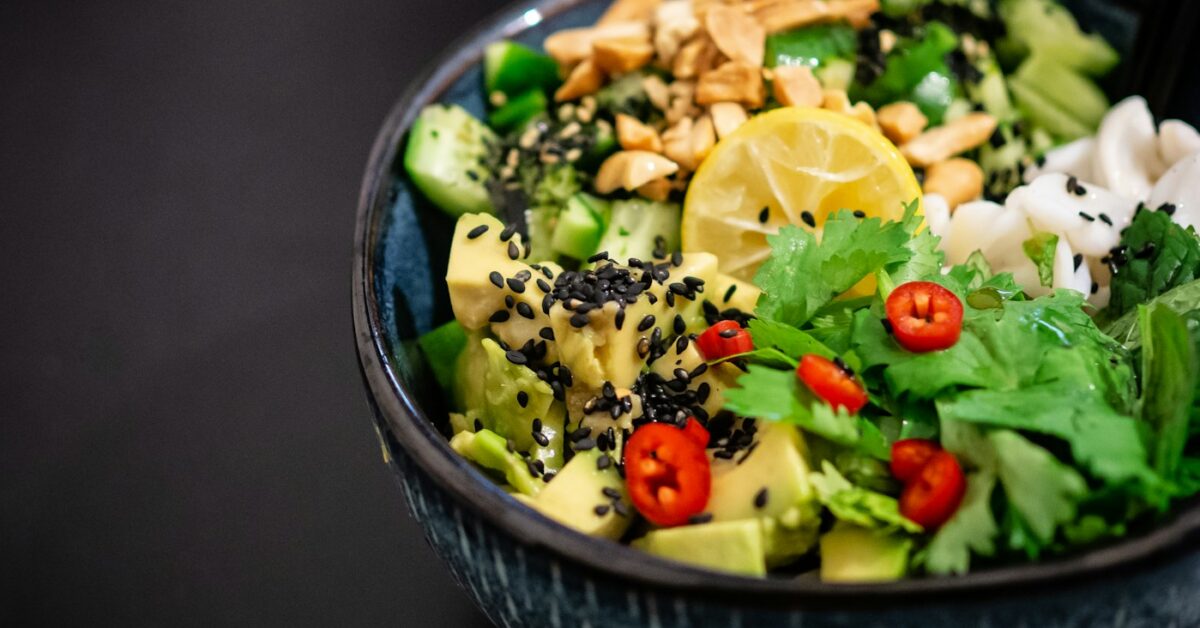Benefits of a Vegan Diet for Building Muscle
When it comes to building muscle, many people believe that a vegan diet may not provide enough protein or essential nutrients. However, with careful planning and a well-balanced approach, it is entirely possible to build muscle on a vegan diet. In fact, there are several benefits to adopting a vegan lifestyle when it comes to muscle growth and overall health.
1. Plant-based Protein Sources
Contrary to popular belief, there are plenty of plant-based protein sources that can help you meet your protein needs for muscle building. Legumes such as lentils, chickpeas, and black beans are excellent sources of protein and can be easily incorporated into meals. Additionally, tofu, tempeh, and seitan are high-protein options that can be used as meat substitutes in various dishes.
Furthermore, whole grains like quinoa, brown rice, and oats also contain a decent amount of protein. Nuts and seeds, such as almonds, chia seeds, and hemp seeds, are not only rich in protein but also provide healthy fats and other essential nutrients.
- Lentils: 18 grams of protein per cooked cup
- Chickpeas: 15 grams of protein per cooked cup
- Tofu: 20 grams of protein per 3.5 ounces
- Quinoa: 8 grams of protein per cooked cup
- Almonds: 6 grams of protein per ounce
2. Increased Nutrient Density
A vegan diet typically includes a wide variety of fruits, vegetables, whole grains, and legumes, which are all nutrient-dense foods. These foods are rich in vitamins, minerals, and antioxidants that are essential for muscle growth and overall health. By consuming a diverse range of plant-based foods, you can ensure that your body receives all the necessary nutrients it needs to support muscle development.
For example, leafy greens like spinach and kale are excellent sources of iron, calcium, and vitamin K, which are important for muscle function and bone health. Berries, such as blueberries and strawberries, are packed with antioxidants that help reduce inflammation and aid in muscle recovery.
- Spinach: High in iron, calcium, and vitamin K
- Kale: Rich in iron, calcium, and vitamin K
- Blueberries: Antioxidant-rich
- Strawberries: Antioxidant-rich
3. Lower Saturated Fat and Cholesterol
A vegan diet is naturally low in saturated fat and cholesterol, which can be beneficial for muscle growth and overall health. High levels of saturated fat and cholesterol have been linked to various health issues, including heart disease and inflammation, which can hinder muscle recovery and growth.
By avoiding animal products, which are the primary sources of saturated fat and cholesterol in the diet, vegans can maintain a healthier cardiovascular system and promote better blood flow to the muscles. This can enhance nutrient delivery to the muscles, aiding in their growth and repair.
4. Enhanced Digestion and Gut Health
Plant-based diets are typically high in fiber, which can improve digestion and promote a healthy gut. A healthy gut is essential for nutrient absorption and overall well-being. By consuming a variety of fruits, vegetables, whole grains, and legumes, vegans can ensure they have a diverse and thriving gut microbiome.
Furthermore, a vegan diet can help reduce the risk of gastrointestinal issues such as constipation and bloating, which can negatively impact muscle building efforts. A healthy gut allows for better absorption of nutrients, including protein, which is crucial for muscle growth and repair.
5. Environmental Sustainability
Choosing a vegan diet not only benefits your health but also has a positive impact on the environment. Animal agriculture is a significant contributor to greenhouse gas emissions, deforestation, and water pollution. By opting for plant-based protein sources, you can reduce your carbon footprint and contribute to a more sustainable future.
According to a study published in the journal Science, a vegan diet has the potential to reduce greenhouse gas emissions by up to 70% compared to a typical Western diet. By adopting a vegan lifestyle, you can align your muscle-building goals with your values of environmental sustainability.
Conclusion
Contrary to popular belief, a vegan diet can provide all the necessary nutrients for building muscle. By incorporating plant-based protein sources, consuming nutrient-dense foods, and maintaining a well-balanced diet, vegans can achieve their muscle-building goals while reaping the additional benefits of improved digestion, reduced saturated fat intake, and a positive impact on the environment. So, if you’re considering building muscle on a vegan diet, rest assured that it is entirely possible and can lead to a healthier, more sustainable lifestyle.
